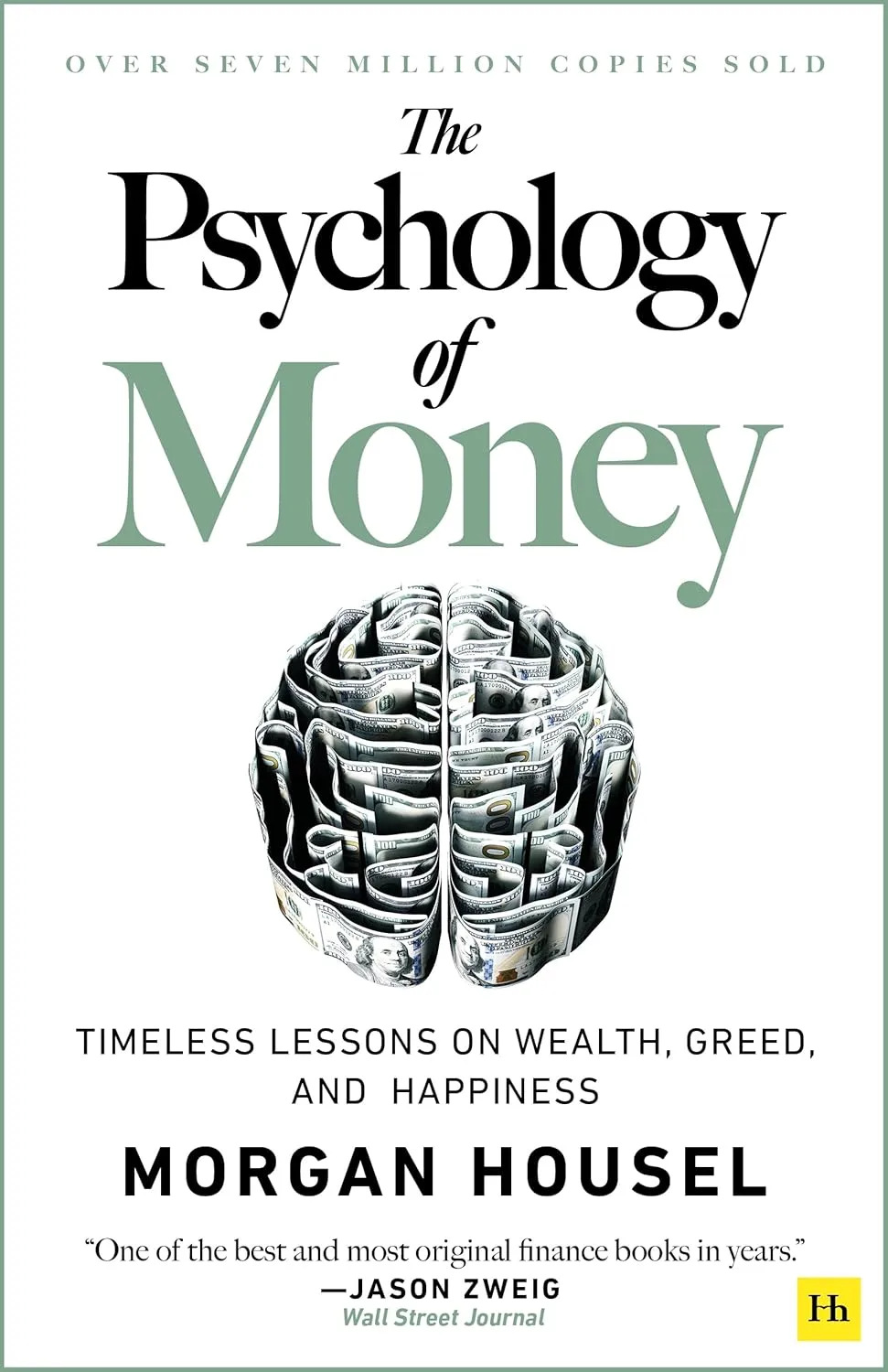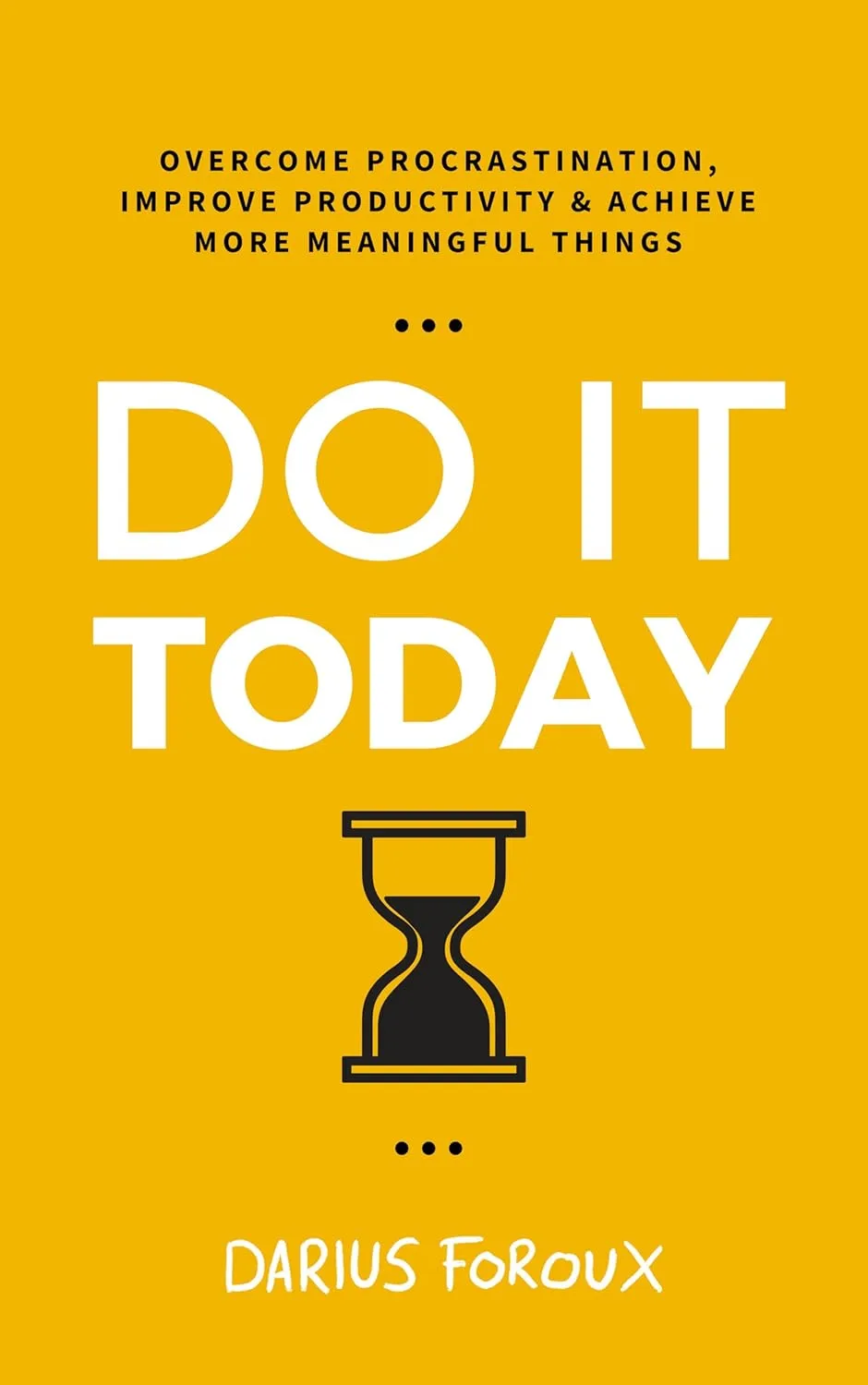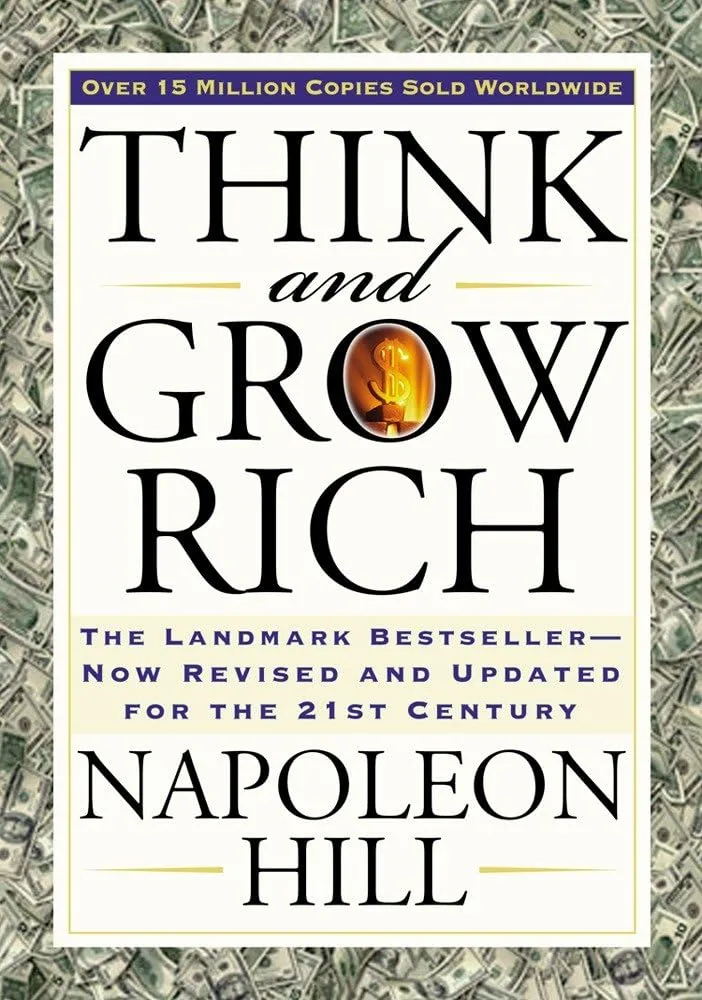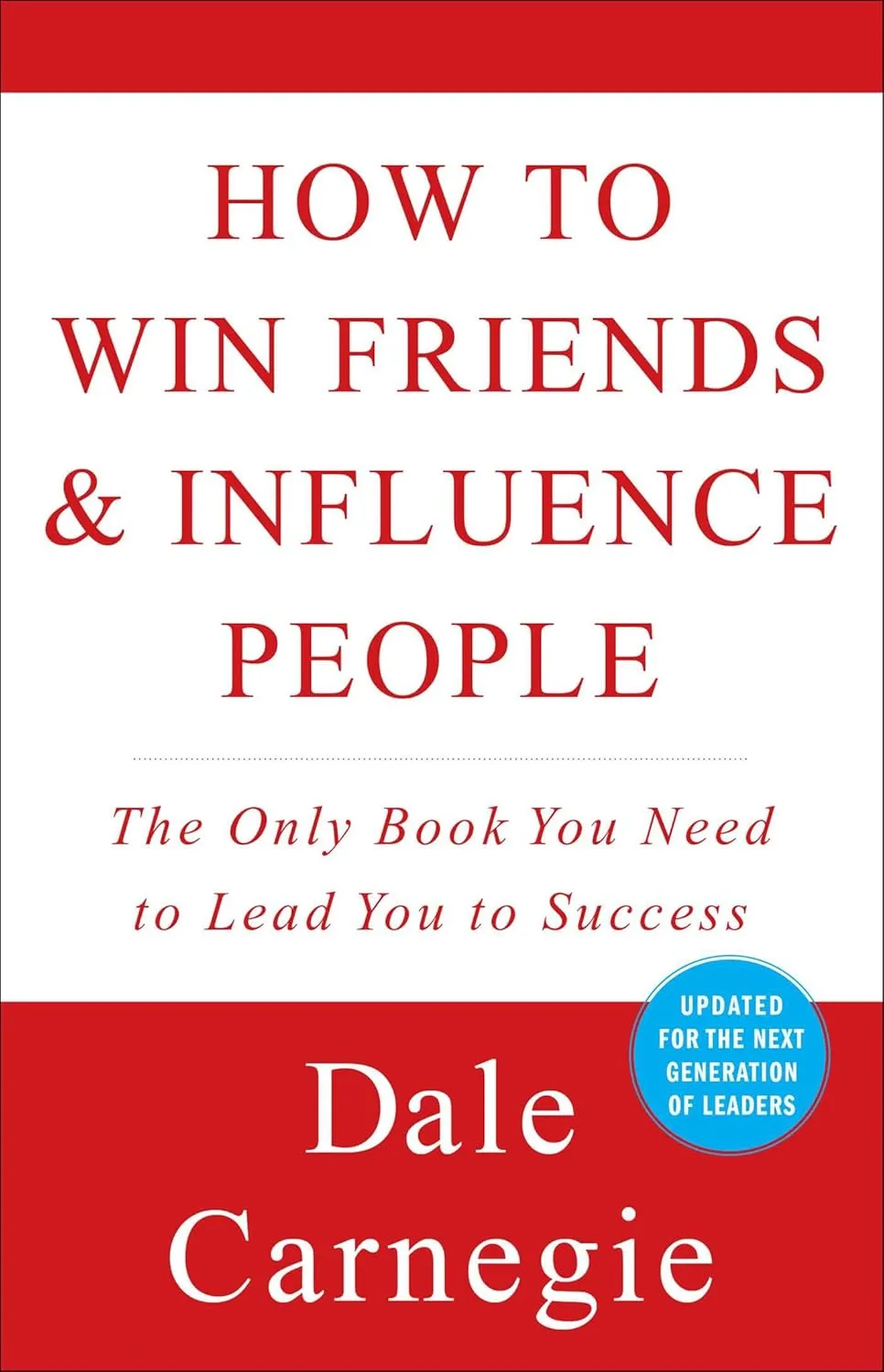Overview
The Psychology of Money by Morgan Housel is a compelling exploration of the emotional and psychological side of personal finance. Rather than focusing on investment strategies or complex financial models, Housel explains how our behaviors, beliefs, and biases shape our financial outcomes more than anything else.
This bestselling book isn’t about how much you know about money—it’s about how well you understand yourself. Drawing on timeless lessons and real-world stories, Housel offers 19 short chapters filled with wisdom on saving, risk-taking, patience, greed, and the hidden forces behind our financial choices.
Key Takeaways
| Core Insight | What It Means |
|---|---|
| Behavior Trumps Intelligence | Being good with money isn’t about IQ—it’s about patience, discipline, and emotional control. |
| Savings = Control | You don’t need a specific reason to save—saving offers freedom, security, and adaptability. |
| Wealth Is Invisible | Real wealth is what you don’t see—it’s the money you don’t spend. |
| Tail Events Shape Results | A few rare events drive most outcomes. Plan for uncertainty. |
| Humility Is Crucial | No one knows everything about the future—be humble, cautious, and adaptable. |
Why It’s Unique
Unlike traditional finance books filled with charts and technical jargon, The Psychology of Money delivers financial wisdom through storytelling, psychology, and behavioral insight. Housel writes in a casual, conversational tone that feels more like thoughtful essays than textbook chapters—making it accessible to both beginners and seasoned investors.
Where most financial guides focus on what to do with your money, this book helps you understand why you behave the way you do—and how to make better decisions because of it.
Core Lessons Expanded
1. Doing Well With Money Isn’t About Being Smart
It’s not your income or intelligence that determines your financial future. It’s how you react to volatility, manage greed, and stay the course when others panic.
2. Save, Even Without a Goal
Saving money for the sake of optionality and security is powerful. You don’t need to wait for a specific purchase or emergency to justify putting money away.
3. True Wealth Is Hidden
Luxury purchases may signal success, but real wealth is the ability to say no, to walk away, to choose your own path. It’s the unseen assets in your bank account and investments.
4. Prepare for the Unexpected
Outlier events—good or bad—can disproportionately affect your finances. Housel stresses the importance of risk management and long-term thinking.
5. Everyone’s Financial Story Is Different
We all come from different upbringings and experiences. What feels “rational” to one person may seem foolish to another. Understanding that makes you a better, less judgmental financial thinker.
Ideal Readers
This book is especially valuable for:
- Individuals feeling confused or overwhelmed by personal finance
- Long-term investors who want to improve decision-making under uncertainty
- Anyone interested in the psychological factors behind financial success or failure
- Readers of books like Rich Dad Poor Dad, The Millionaire Next Door, or Your Money or Your Life
- Those looking for timeless advice rather than trendy tips
About the Author
Morgan Housel is a former columnist at The Motley Fool and The Wall Street Journal, and a partner at the investment firm Collaborative Fund. Known for his clear writing and behavioral insights, Housel is one of the most respected voices in modern financial thought.
His ability to explain complex ideas in a simple, emotionally resonant way makes him uniquely suited to bridge the gap between psychology and investing.
Why This Book Resonates
| Feature | What Makes It Special |
|---|---|
| Behavioral Focus | Centers on emotional intelligence, not financial knowledge |
| Short, Essay-Style Chapters | Easily digestible and perfect for reflection or discussion |
| Applies to All Income Levels | Universal principles regardless of wealth or background |
| Timeless Lessons | Advice rooted in psychology and history, not market trends |
| Reframes Wealth | Encourages a healthier, more grounded relationship with money |
Memorable Quote
“Doing well with money has a little to do with how smart you are and a lot to do with how you behave.”
This quote captures the book’s core truth: mastering personal finance starts with mastering your mindset.
Central Themes
| Theme | Insight |
|---|---|
| Emotional Intelligence | Patience and calm decision-making often outperform risky brilliance. |
| Long-Term Thinking | Wealth builds slowly—shortcuts often backfire. |
| Risk and Uncertainty | The future is unknowable, so build systems that can survive surprises. |
| Personalized Finance | There is no one-size-fits-all—your goals and values shape your plan. |
| Wealth vs. Riches | Riches are what you show; wealth is what you keep and grow. |
Frequently Asked Questions
Q: What is The Psychology of Money about?
A: It explores how human behavior, emotions, and decision-making shape our financial outcomes more than income or intelligence. It’s a guide to thinking better about money—not just managing it.
Q: Is this book useful for beginners?
A: Absolutely. It’s one of the most beginner-friendly finance books available, using stories and simple language instead of technical jargon.
Q: Does this book offer specific investment advice?
A: No. It doesn’t recommend specific stocks or strategies. Instead, it focuses on the mindset and behavior needed to navigate any financial landscape wisely.
Q: How is this different from other finance books?
A: Most finance books are tactical—this one is philosophical. It changes how you think, which ultimately affects what you do.
Q: Who should read this?
A: Anyone interested in building long-term wealth, reducing financial stress, or understanding why we make the money choices we do.
Q: Will this book help if I already know a lot about finance?
A: Yes. Even seasoned investors benefit from a behavioral reset. It’s a reminder that no amount of expertise can replace emotional discipline.
Final Thoughts
The Psychology of Money is more than a finance book—it’s a mirror. It challenges readers to confront their beliefs, behaviors, and biases about wealth and success. Whether you’re a complete beginner or an experienced investor, this book offers timeless insights that will shape the way you think about money for the rest of your life.
If you’re ready to stop chasing tactics and start thinking clearly about what financial success really means, this book belongs on your shelf.
🔗 Links
📖 Buy The Psychology of Money on Amazon
📄 See More Summaries
🏆 Visit Our Top Picks







